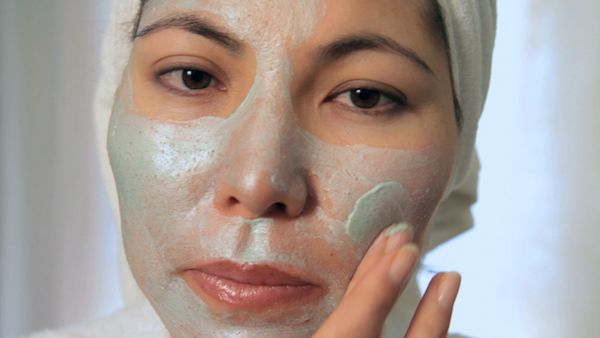A User's Guide to Cheating Death - Tim Talks Scienceploitation
2017-10-19

“A User’s Guide to Cheating Death” is a documentary series that casts light on increasingly controversial procedures, diets and revived ancient therapies that are being sought by people desperate to dramatically alter their bodies or radically improve their health, and the booming industries that are more than happy to accept their business.
Health law professor, writer and debunker-extraordinaire Timothy Caulfield dives deep into the science, and the social issues behind today’s cutting-edge health trends in order to separate the truly good advice from the excess of high-priced placebos.
For those suffering from a chronic illness or degenerative disease, our rapidly evolving world is offering more promise for a cure than ever before. But with such a great volume of treatment options and so much conflicting information available, it’s also becoming more difficult for those suffering to make critical treatment decisions. People are wasting thousands of dollars, and worse, wasting time. From cryotherapy to stem cells that regenerate a human heart, “A User’s Guide to Cheating Death” explores the evidence behind cutting edge disease management research, new breakthroughs and untested procedures while meeting the real patients who swear by them, and how the media is exploiting genuine excitement.

To complement the series’ sixth episode, Scienceploitation, Tim talks with us about people still believing in bad science, as well as questionable stem cell treatments.
Q: Why did the topic of “Scienceploitation” feel like a fitting one to explore in the season one finale of A User’s Guide to Cheating Death?
Tim: “There is a lot of genuinely exciting research out there. I am a believer. Whether we are talking about genetics, the microbiome, telomeres or stem cell research, I believe that significant advances are going to occur. But too often this exciting stuff, which will take time, is exploited to sell unproven therapies or approaches to wellbeing. This is what I call “scienceploitation.” So, overall there is a hopeful message here. Let the science unfold. Let’s see where it goes, but don’t get tricked into thinking that this stuff is ready for the clinic or that it is going to have an immediate impact.”
Q: It’s noted in this episode that good science (as it relates to health and wellness) can’t be rushed. So then, why are people still falling for the bad science?
Tim: “All good science can’t be rushed (which is something I have to remind myself of often!) Indeed, there is growing concern that the push to publish often and to translate research to the public might be having an adverse impact on the quality of science, particularly in the area of health. And I think that the scientific community often – consciously or unconsciously – used hype terminology to talk about their work. For example, they may suggest that basic research will be in the clinic in just five or 10 years, which almost never happens. This kind of science hype can result in unrealistic public expectations and can be exploited by the providers seeking to market unproven therapies. I want to stress that science hype, a topic we study at my institute, is a complex phenomenon involving many players, the science community, research institutions, the media and industry. No one entity is to blame.”

Q: In many ways it seems like celebrities have become the primary source of where people get their health information. How can those in the scientific and medical communities best combat that?
Tim: “The role of celebrities is interesting. If you ask people, very few say that they seek health information from celebrities. And few say they trust them. Still, we know from research that celebrities and pop culture, more broadly, has an impact. Impart, this is simply because celebrities have such a big cultural footprint. While a lot is going on here, the fact that they can disseminate information to such a broad audience has an impact. As a result, the scientific community needs to become part of the conversation! Get on social media. Write pieces for the popular press. And take a strong stand against bogus, unproven therapies.”
Q: When it comes to the topic of stem cells, how troubled are you by the bogus stem cell products and treatments on the market?
Tim: “I am very troubled. This is a huge problem that is international in scope. There are hundreds of clinics all over the world selling treatments for everything from MS, to autism, to weight loss. They look legit and they often exploit people in desperate situations. To be honest, it is infuriating and, at times, criminal.”

Q: Without giving anything away, in this episode you participated in what looked to be a really intense cold therapy practice. As it was happening, what came to mind and what stuck with you the most?
Tim: “It was seriously, seriously cold – Minus 152 Celsius! What went through my mind? One word: shrinkage.”
-Adam Grant
Find out when you can watch or stream A User’s Guide to Cheating Death on VisionTV.